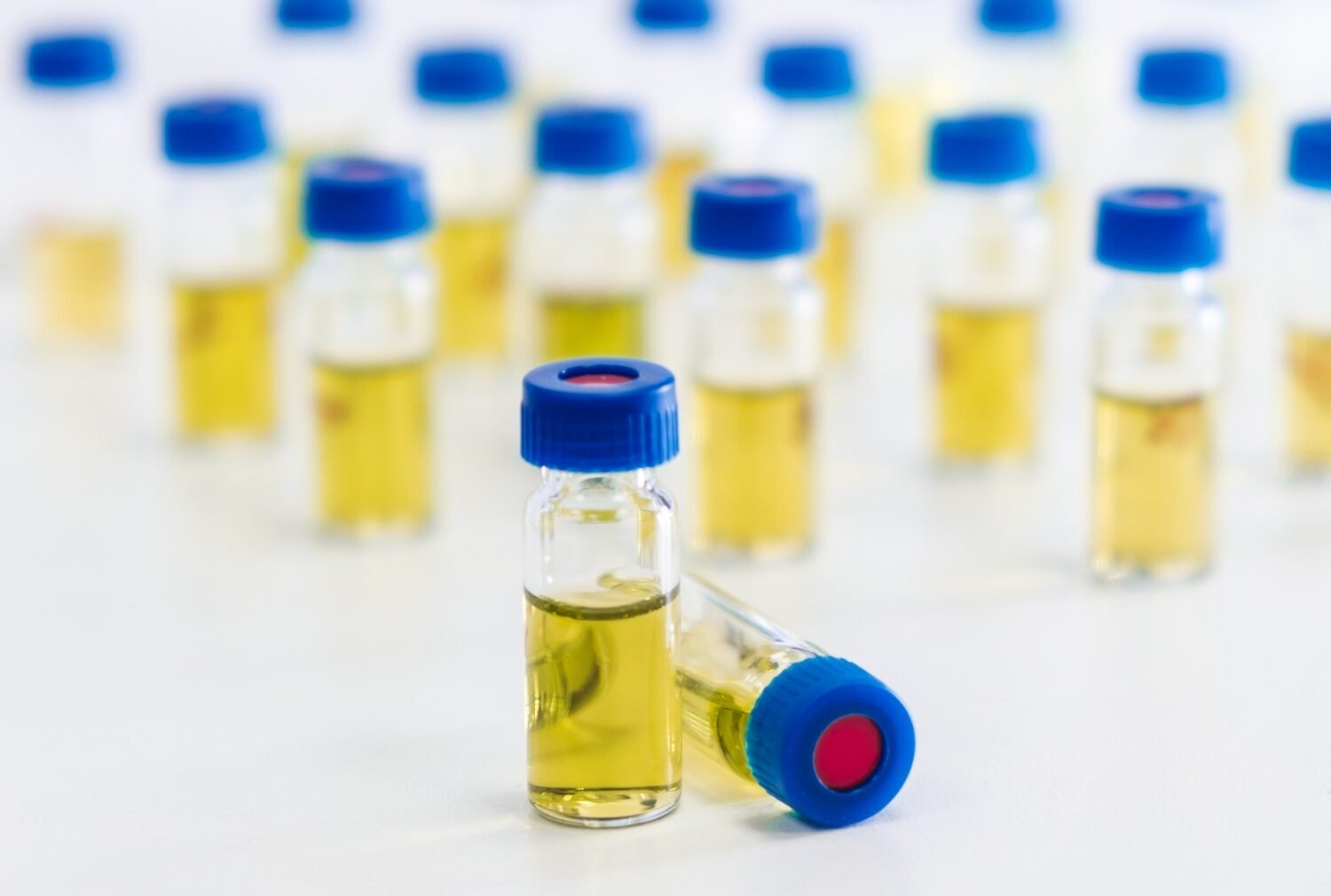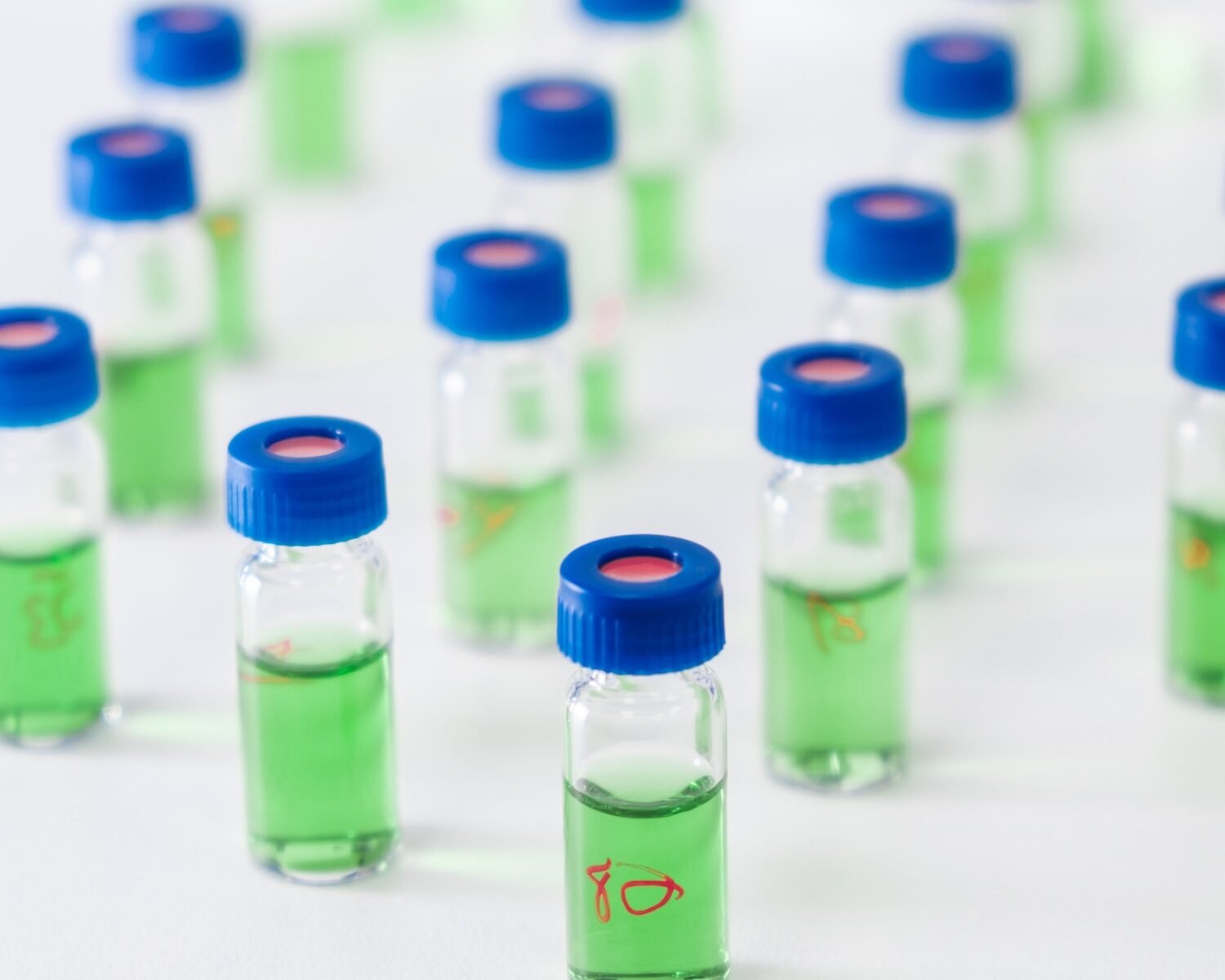Hey there, fellow science enthusiast! If you’re here, you’re probably familiar with High-Performance Liquid Chromatography, or HPLC as we like to call it. It’s a powerful tool that’s used in various industries to separate, identify, and purify analytes or mixtures. But like any tool, it’s not without its quirks. So, let’s have a friendly chat about the pros and cons of HPLC, and see if we can’t make sense of it all.
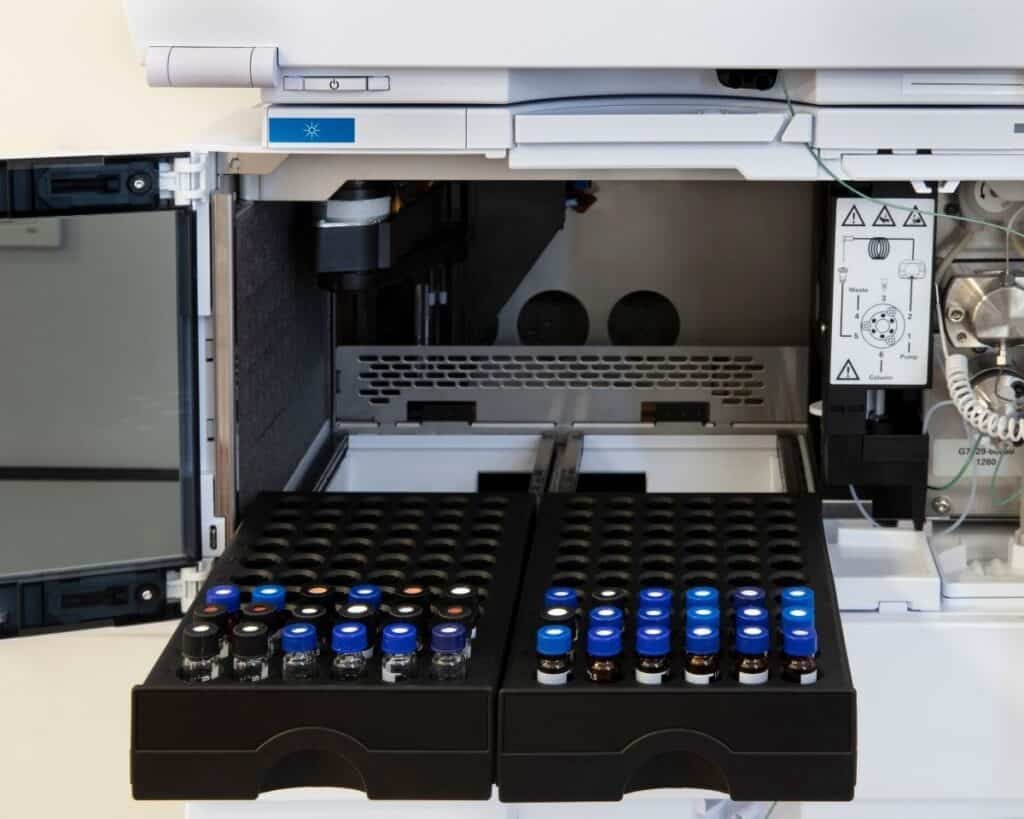
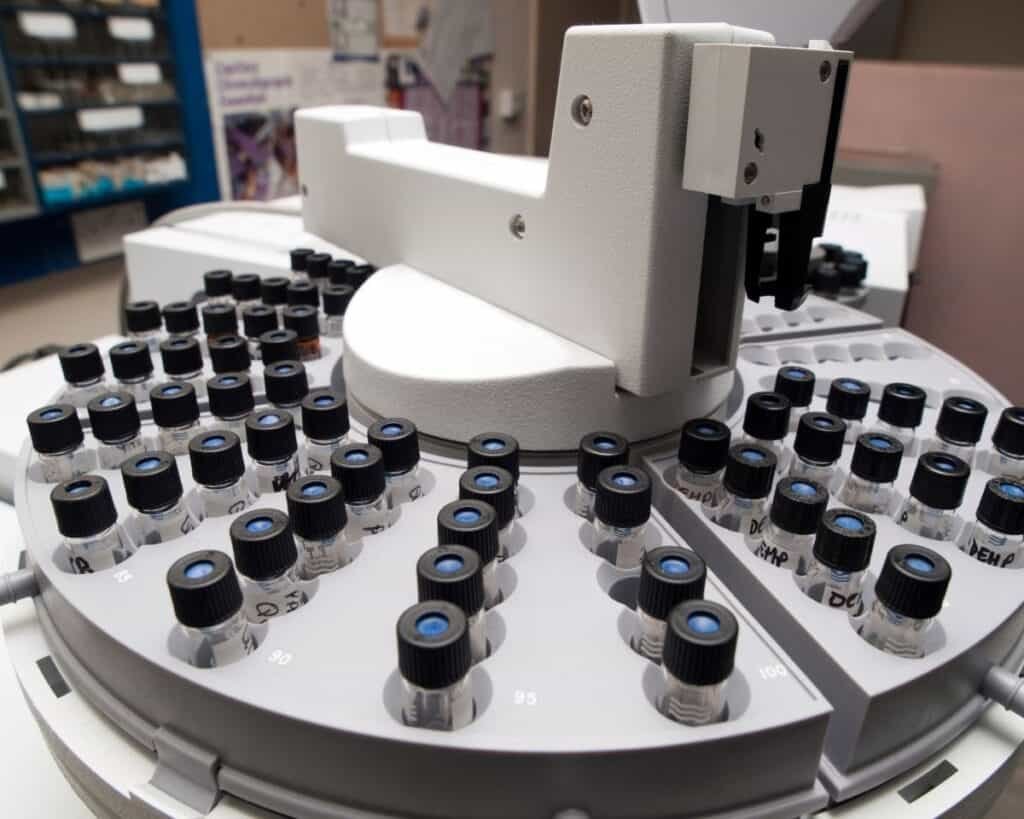
The Good Stuff: Advantages of HPLC
Let’s start with the good stuff. HPLC is fast, accurate, and versatile. It’s like the Swiss Army knife of chromatography!
Speed of Analysis
One of the best things about HPLC is its speed. It’s like the Usain Bolt of chromatography! Thanks to its pump mechanism, it can separate various chemical components in no time. And the best part? It’s all automated. So, once you’ve got everything set up, you can sit back, relax, and let HPLC do its thing.
Accuracy of Results
But HPLC isn’t just fast. It’s also incredibly accurate. It’s like having a super-smart friend who always gets the answers right. And because of its high precision, it’s an integral part of the validation and quality control of various products. So, if you’re looking for reliable results, HPLC has got your back.
Diverse Applicability
And let’s not forget about HPLC’s versatility. It’s like a chameleon, adapting to different situations. Whether you’re working in forensics, pharmaceuticals, or environmental monitoring, HPLC can handle it. It’s even great for detecting trace impurities. How cool is that?
The Not-So-Good Stuff: Disadvantages of HPLC
But let’s be real. HPLC isn’t perfect. It’s got its fair share of challenges.
Extreme Complexity
First off, HPLC can be pretty complex. It’s like a puzzle with a million pieces. You need to know what you’re doing, or you could end up with a mess. And sometimes, HPLC alone isn’t enough. You might need to pair it with other techniques to get the results you need.
Cost of Operations
Then there’s the cost. HPLC isn’t exactly cheap. It’s like a fancy sports car. Sure, it’s awesome, but it’s going to cost you. From the equipment to the solvents, the expenses can add up. So, if you’re on a tight budget, HPLC might not be the best option.
Limited Detectors
And finally, there’s the issue of detectors. HPLC doesn’t have a universal detector, which means you’ll need different detectors for different solutes. It’s like having a toolbox where each tool only works on one specific thing. It can be a bit of a hassle, to say the least.

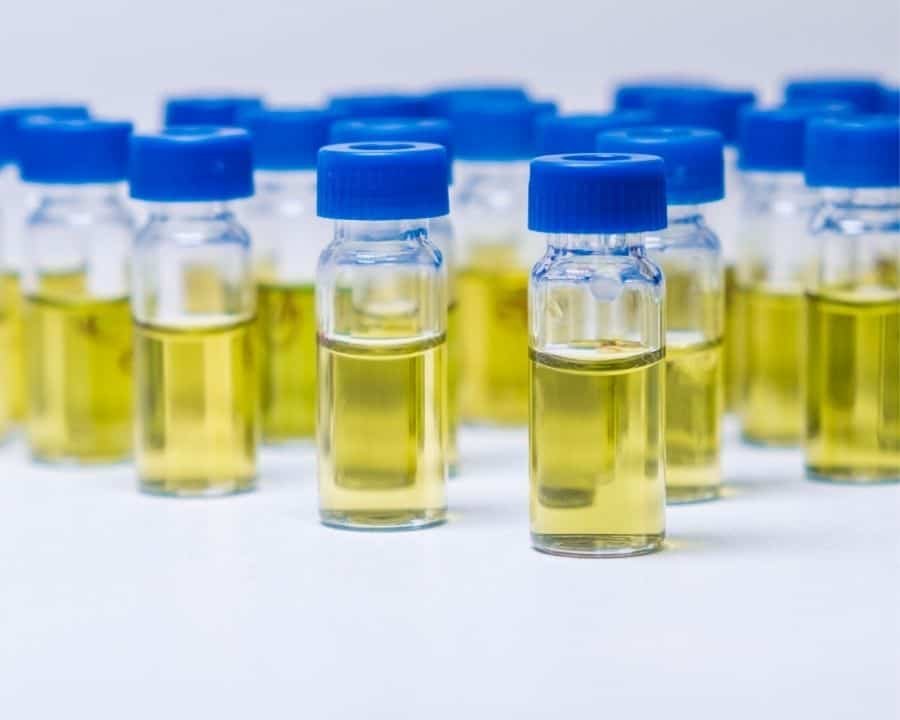
Real-Life Applications: HPLC in Action
Now, let’s talk about some real-life applications of HPLC. It’s one thing to talk about the theory, but it’s another thing to see it in action, right?
Forensics: Solving Crimes One Sample at a Time
In the world of forensics, HPLC is like a detective, helping to uncover the truth. It can detect the presence of drugs in blood and urine samples, which can be crucial in solving crimes. Imagine being able to find that one piece of evidence that cracks the case wide open. That’s the power of HPLC.
Food Safety: Keeping Our Food Clean and Safe
HPLC also plays a big role in food safety. It can analyze multiple pesticide residues in food samples, ensuring that our food is safe to eat. So, the next time you enjoy a meal, remember that HPLC might have played a part in ensuring its safety.
Pharmaceuticals: Ensuring the Quality of Our Medicines
And let’s not forget about pharmaceuticals. HPLC is crucial in the quality control of various products. It ensures that our medicines are safe and effective. So, the next time you take a pill, remember that HPLC was probably involved in its production.
HPLC vs. UHPLC
So, you’re curious about the difference between High Performance Liquid Chromatography (HPLC) and Ultra High Performance Liquid Chromatography (UHPLC), right? Well, let’s break it down in a simple way.
Think of HPLC and UHPLC as two different models of a car. Both will get you from point A to point B, but the ride might be a bit different.
HPLC is like your reliable, tried-and-true car. It’s been around for a while, and scientists love it for its versatility and robustness. It can analyze a wide range of samples, and it’s great for routine analysis. But, like an older car model, it might not be the fastest or most efficient option out there.
Now, enter UHPLC. It’s like the sports car of the chromatography world. It’s all about speed and efficiency. UHPLC systems use smaller particle sizes in the columns and higher pressure than HPLC, which means you get your results faster and with better separation. It’s like going from a leisurely drive to a high-speed race!
But, just like a sports car, UHPLC might require a bit more maintenance. The high pressure can put more wear and tear on the system, and not all samples might be suitable for UHPLC. Plus, it can be a bit more expensive than HPLC.
So, in the end, whether you should go for HPLC or UHPLC really depends on what you need. If you’re after speed and efficiency and don’t mind the extra cost, UHPLC might be the way to go. But if you’re looking for versatility and robustness, and have more time for your analyses, HPLC might be your best bet.
HPLC in the Real World: Case Studies
Now, let’s take a look at some real-world examples of HPLC in action. These case studies will give you a better understanding of how HPLC is used in various industries.
Case Study 1: Drug Testing in Sports
In the world of sports, performance-enhancing drugs are a big no-no. But how do officials ensure that athletes are playing fair? You guessed it: HPLC. By analyzing urine samples, HPLC can detect the presence of banned substances, helping to maintain the integrity of the sport.
Case Study 2: Quality Control in the Beverage Industry
In the beverage industry, quality control is crucial. Consumers expect their drinks to taste the same every time. But how do companies ensure consistency? Again, HPLC comes to the rescue. By analyzing the components of the beverage, HPLC can ensure that the recipe is followed to the letter, resulting in a consistent product.
Case Study 3: Environmental Monitoring
HPLC is also used in environmental monitoring. It can analyze soil and water samples for pollutants, helping to keep our environment clean and safe. So, the next time you enjoy a day in the great outdoors, remember that HPLC might have played a part in preserving its beauty.
Factors to Consider When Choosing HPLC
So, you’re thinking about using High Performance Liquid Chromatography (HPLC) for your work, right? That’s awesome! But before you dive in, there are a few things you might want to consider to make sure you’re making the best choice. Let’s chat about them.
- Your Sample Type: First things first, you’ve got to think about what you’re actually analyzing. HPLC is super versatile and can handle a lot of different sample types, but it’s not perfect for everything. For instance, if your sample is very sensitive or unstable, you might need to consider other options or special techniques.
- Speed and Efficiency: How quickly do you need your results? HPLC is reliable, but it’s not the fastest kid on the block. If speed is a major factor for you, you might want to consider UHPLC or other faster techniques.
- Resolution: This is all about how well your system can separate the different components in your sample. If you need high resolution, make sure your HPLC system is up to the task.
- Cost: Let’s be real, budget matters. HPLC systems can vary in price quite a bit, so you’ll need to consider how much you’re willing to spend. Don’t forget to factor in the cost of maintenance and consumables like columns and solvents!
- Maintenance and Upkeep: Speaking of maintenance, HPLC systems need a bit of TLC to keep them running smoothly. Make sure you’re prepared for the regular upkeep and potential repairs down the line.
- Training: Last but not least, who’s going to be running the system? HPLC can be a bit complex to use, so you’ll need to make sure you or your team have the right training.
Remember, there’s no one-size-fits-all answer here. The best system for you will depend on your specific needs and circumstances. So take your time, weigh your options, and don’t be afraid to ask for advice. Good luck!
Wrapping Up: The Power and Potential of HPLC
So, there you have it. HPLC is a powerful tool with a wide range of applications. It’s not without its challenges, but its potential is undeniable. Whether you’re a seasoned scientist or a curious newbie, I hope this chat has given you a deeper understanding of HPLC.
But remember, this is just the beginning. There’s so much more to learn and discover about HPLC. So, keep exploring, keep asking questions, and keep pushing the boundaries of what’s possible. And remember, we’re all in this together. So, let’s keep the conversation going, and let’s keep learning and growing together.
Final Thoughts
So, there you have it. HPLC is indeed a double-edged sword. It’s powerful, versatile, and accurate. But it’s also complex, expensive, and requires specific detectors. But despite its challenges, it’s still a widely used technique in various industries worldwide.
So, what do you think? Is HPLC worth the challenges? I’d love to hear your thoughts. And remember, we’re all in this together. So, let’s keep the conversation going, and let’s keep learning and growing together.
At Mastelf, we offer high-quality HPLC supplies that will give you an advantage in savings.
- Why Your HPLC Peaks Look Bad: Common Causes and How to Fix Them
- Gradient vs. Isocratic HPLC: Which Method is Best for Your Application?
- HPLC Pressure Problems? Here’s How to Diagnose and Fix Them
- How to Reduce Carryover in HPLC: Best Practices for Cleaner Runs
- The Evolution of HPLC: Past, Present, and Future Trends







